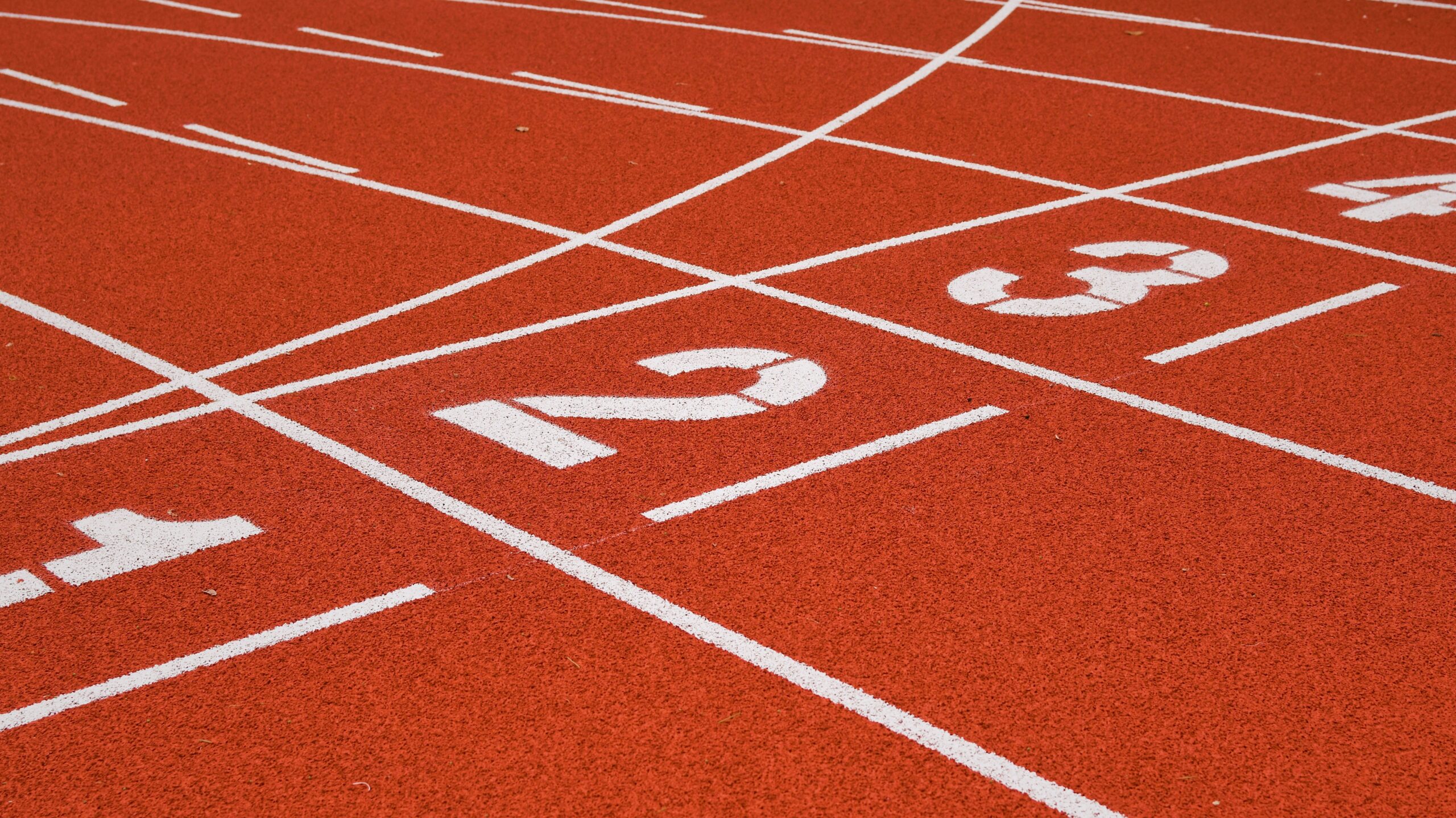Mental Health Matters: Athletes Sharing Their Struggles and Triumphs
It was a sunny afternoon, and I found myself lounging on my couch, scrolling through social media. You know, the usual—cat videos, food pics, and the occasional existential crisis. Then, I stumbled upon a video of Michael Phelps talking about his mental health struggles. It hit me like a ton of bricks. Here’s a guy with more gold medals than I have shoes, talking candidly about his battles with anxiety and depression. I mean, if the guy who swam like a fish could be vulnerable, maybe we all could be. That got me thinking—mental health isn’t just a buzzword; it’s a lifeline, especially in the world of sports.
The Hidden Battles of Athletes
Let’s face it: when we think of athletes, we often picture superhuman beings, soaring through the air, breaking records, and looking flawless while doing it. But the truth is, beneath those chiseled physiques and shiny trophies, many athletes are grappling with mental health issues. And why wouldn’t they? The pressure to perform, the fear of failure, and the constant scrutiny can take a toll on even the strongest among us.
I remember once watching a documentary about tennis star Naomi Osaka. There she was, smashing serves and dominating on the court, but then the camera shifted to her behind the scenes. The weight of expectations, the anxiety before matches—it was a stark contrast. Here’s someone who’s not just competing against her opponents but also battling her own mind. It made me realize that mental health is often the unseen opponent, one that doesn’t care how fast you can run or how high you can jump.
Breaking the Stigma
For so long, mental health was this taboo topic, especially in sports. Athletes were expected to tough it out, to “play through the pain.” I mean, how many times have we heard the phrase “no pain, no gain”? (I’ve probably said it too many times while trying to convince myself to go for a run.) But thankfully, more and more athletes are stepping up and sharing their stories. And let’s be honest—when your favorite athlete opens up about their struggles, it makes you feel less alone.
Take Kevin Love, for instance. The NBA star has been incredibly open about his journey with anxiety and panic attacks. He penned a heartfelt article for The Players’ Tribune, detailing his experiences. It was refreshing to see someone so successful acknowledge that mental health matters. It’s like he handed us a permission slip to talk about our own struggles (which, let’s face it, we all have in some form or another).
Real Talk: The Impact of Social Media
Now, let’s dive into the double-edged sword that is social media. On one hand, it’s a platform for athletes to connect with fans and share their journeys. On the other hand, it can be a breeding ground for negativity. I mean, have you ever read the comments section? Yikes. The pressure to maintain a perfect image can be overwhelming. I often think about how different the mental landscape must be for today’s athletes compared to those in the past. With every post, every tweet, and every TikTok, the stakes seem to get higher.
Take Simone Biles, for example. The gymnastics powerhouse made headlines when she prioritized her mental health over competition during the Tokyo Olympics. Now, that’s a bold move! But it also sparked a conversation about the pressures athletes face and the importance of self-care. Honestly, I think we could all take a page from her book. Sometimes, stepping back is the bravest thing you can do.
Building a Support System
Among athletes, building a robust support system is crucial. Whether it’s coaches, teammates, or mental health professionals, having people to lean on can make all the difference. I mean, think about it: even superheroes have sidekicks, right? (Batman wouldn’t be nearly as cool without Robin). Athletes need their own versions of sidekicks to help them navigate the ups and downs of their careers.
For instance, the NFL has started to incorporate mental health resources into their programs. Teams are now hiring mental health professionals to help players deal with the unique pressures they face. This shift is a step in the right direction, showing that the industry is finally starting to recognize the importance of mental well-being. It’s about time, if you ask me.
Triumphs Over Trials
Of course, discussing mental health isn’t just about the struggles—it’s also about the triumphs. Every athlete has their own story of overcoming adversity. I came across the story of Michael Phelps again (yes, I’m a bit obsessed). After reaching the pinnacle of success, he faced a deep depression that left him feeling lost. But with the right support and treatment, he turned his life around, using his platform to advocate for mental health awareness.
There’s something incredibly powerful about seeing someone rise from the ashes. It gives hope to those of us who are battling our own demons. Phelps, Osaka, Love, they all remind us that it’s okay to not be okay. The road to recovery is rarely a straight path; it’s filled with twists, turns, and maybe a few potholes. But those triumphs, no matter how small, are worth celebrating.
Finding Balance: The Importance of Self-Care
Self-care is another buzzword that seems to be everywhere these days, and for good reason. It’s not just about bubble baths and face masks (though, hey, those are nice too). For athletes, self-care can take on many forms—meditation, therapy, or even just taking a day off to recharge. I mean, when was the last time you took a mental health day? (And if you can’t remember, it’s probably time to schedule one.)
Incorporating self-care into a training routine is essential. Athletes are beginning to understand that taking care of their mental health is just as important as their physical training. It’s like that age-old saying: you can’t pour from an empty cup. If you’re running on fumes, it’s tough to give your best performance. So, let’s make self-care a priority, shall we?
The Role of Coaches and Trainers
Coaches and trainers play a significant role in an athlete’s mental health journey. Think about it—these individuals spend countless hours with the athletes, shaping their skills and pushing them to excel. But they also need to be attuned to the emotional well-being of their players. I’ve seen some coaches who are like second parents to their athletes, providing that extra layer of support when needed.
Take the story of former NFL coach Tony Dungy. He’s known for his focus on mental and emotional well-being, advocating for a holistic approach to coaching. His success isn’t just measured in wins and losses; it’s also about the relationships he built with his players. That’s the kind of leadership we need in sports today—coaches who understand that mental health is a crucial part of the game.
Creating a Culture of Openness
It’s all about creating a culture where athletes feel comfortable discussing their mental health. If we want to break the stigma, we have to change the narrative. That means encouraging openness, vulnerability, and empathy in the sporting community. Imagine a world where athletes can share their struggles without fear of judgment—sounds pretty dreamy, right?
One way to foster this culture is through education. Workshops, seminars, and open dialogues about mental health can help demystify the topic. I mean, if we can talk about stats and game strategies, why not mental health? It’s just as important. Athletes need to know that it’s okay to reach out for help when they need it.
Advocacy and Awareness
The more athletes speak out about their mental health, the more awareness we bring to the issue. Social media can be a powerful tool for advocacy. When athletes share their stories, it resonates with fans and aspiring athletes alike. It’s like a ripple effect—each story creates waves of understanding and empathy. I often find myself inspired by the courage of these athletes. It’s a reminder that we’re all human and that we all have struggles.
Organizations like the Mental Health Coalition and Athletes for Hope are working tirelessly to promote mental health awareness and provide resources for those in need. It’s heartening to see this shift in mindset, where mental health is prioritized alongside physical training. I sometimes think about what a game-changer this could have been for athletes in the past. But hey, better late than never, right?
Conclusion: The Journey Ahead
As we move forward, the conversation around mental health in sports will only continue to grow. We’re seeing more athletes share their stories, more coaches advocating for mental well-being, and more fans supporting this movement. It’s a collective effort, and every voice matters. So, whether you’re an athlete, a fan, or just someone trying to navigate life, let’s keep the conversation going.
At the end of the day, mental health matters. It’s not just a buzzword or a trend—it’s a vital aspect of overall well-being. So the next time you catch a glimpse of your favorite athlete, remember: behind the medals and accolades, there’s a person with real struggles and triumphs. And if they can share their story, maybe we can too.
Now, if you’ll excuse me, I think I need to take my own advice and schedule a little self-care time… maybe a bubble bath is in order? (Just kidding, I’ll probably just binge-watch another series!)









